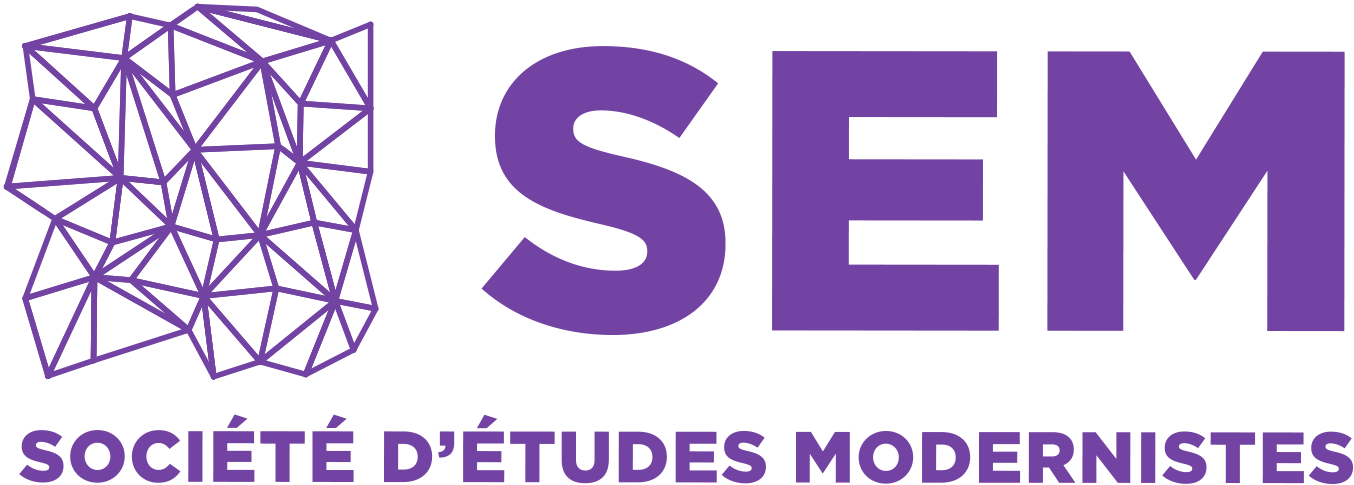CALL FOR PAPERS
Congrès de la SAES. Université de Poitiers – 3 au 5 juin 2026
« Emancipation »
How shocking and yet how wonderful it was to discover that these real things, Sunday Luncheons, Sunday walks, country houses, and tablecloths were not entirely real, were indeed half phantoms, and the damnation which visited the disbeliever in them was only a sense of illegitimate freedom. What now takes the place of those things I wonder, those real, standard things? Men perhaps, should you be a woman; the masculine point of view which governs our lives, which sets the standard, which establishes Whitaker’s Table of Precedency, which has become, I suppose, since the war half a phantom to many men and women, which soon, one may hope, will be laughed into the dustbin where the phantoms go, the mahogany sideboards and the Landseer prints, Gods and Devils, Hell and so forth, leaving us all with an intoxicating sense of illegitimate freedom— if freedom exists… (Virginia Woolf, “The Mark on the Wall”, 1917)
Shaped in the shadow of the First World War, this quotation captures both the aspirations and doubts of an entire era. It points to the power of alternative modes of perception and expression to challenge social conventions, power hierarchies and inherited cultural norms which the experience of historical trauma had profoundly questioned. Modernist aesthetic production and cultural practices indeed intersected with, though did not fully mirror, the political struggles for emancipation that so characterized the first decades of the 20th century on both sides of the Atlantic and across the globe. Yet the possibility that that “freedom”, however imagined, might be ambivalent or unattainable for all, is clearly present amongst modernist artists, writers, and critics. Well before New Modernist Studies in the 1990s underscored that modernism – though bound up with the rhetoric of liberation in art, experience, and politics – was never an unambiguous force of emancipation, its fault lines were already visible. To examine “modernist emancipations” is to reflect on the ways liberating energy expressed itself – through its strategies, forms, and achievements, but it also calls for a consideration of its contradictions, limits and failures. We invite papers which consider these questions within the work of a single artist or in the conversations, debates and conflicts connecting several artists and generations.
Organised jointly by the Société d’Études Woolfiennes (SEW) and the Société d’Études Modernistes (SEM), this workshop invites proposals that address the notion of emancipation from a diverse range of perspectives (aesthetic, social, ideological, political, material…), across forms, genres, media, and geographic borders. We are particularly interested in papers exploring the contradictions inherent in modernist thought and practice around emancipation.
Proposals for papers in English (300 words + short bibliography) and a brief biographical
note should be sent jointly to Anne Besnault (anne.besnault@univ-rouen.fr) and Naomi Toth
(ntoth@parisnanterre.fr) before November 30th 2025.
